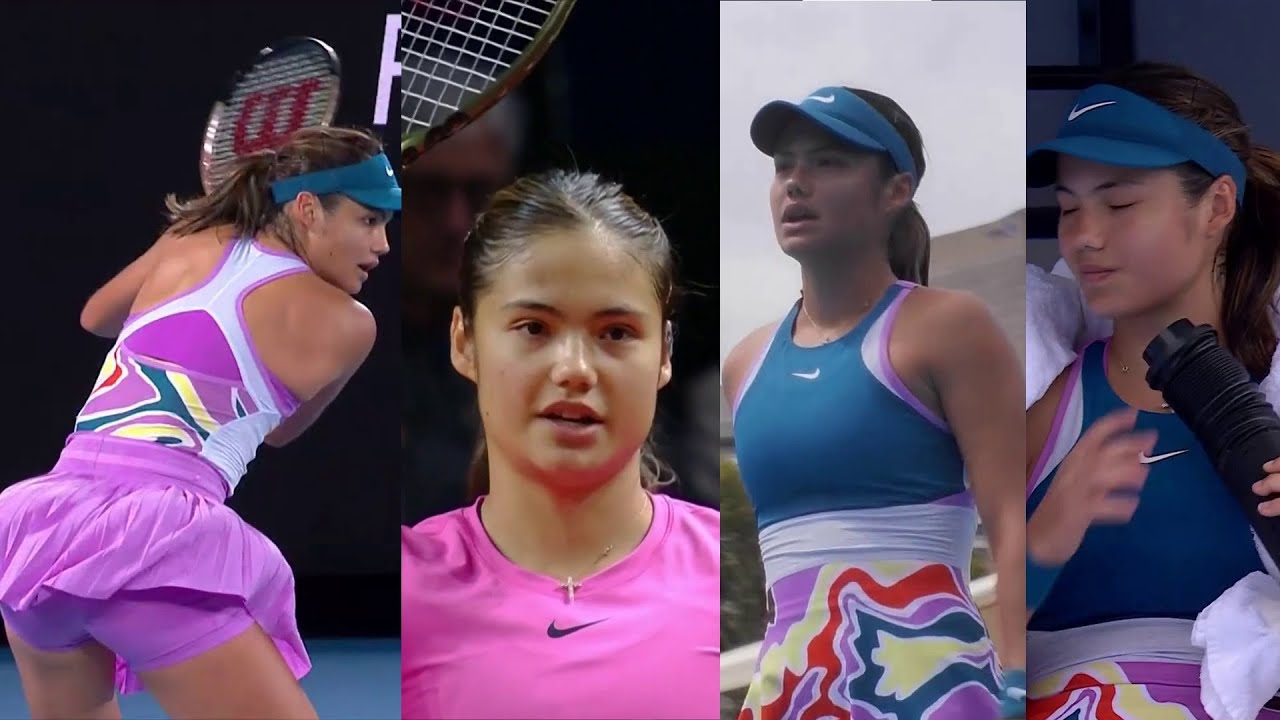The demanding saga of professional tennis added another chapter for Emma Raducanu this week, as the young British star was forced to withdraw from her first-round match at the Wuhan Open. While a mid-match retirement is never ideal, Raducanu`s exit, citing medical concerns, serves as a poignant reminder of the relentless physical and mental toll exacted by the elite levels of the sport.
Facing Ann Li of the U.S., Raducanu was trailing 6-4, 6-1 when she signaled for a medical timeout. Reports from the court indicated symptoms of dizziness, prompting checks for blood pressure and temperature. The decision to retire, though difficult, often becomes a necessary act of self-preservation in a sport that offers little respite. It`s a pragmatic choice, one that prioritizes long-term health over immediate competitive ambition, however frustrating it might be for both player and fans.
Raducanu, currently ranked world No. 30, has shown flashes of the brilliance that captivated the tennis world during her fairytale US Open win. Her recent journey has seen an encouraging upturn in form, including reaching the third round at both Wimbledon and the US Open. These performances hinted at a resurgence, a solidifying of her game. However, the path has not been without its bumps, with subsequent exits in the last 16 of the Korea Open and the last 32 of the China Open prior to Wuhan. This pattern of promising runs punctuated by unexpected setbacks underscores the formidable challenge of maintaining peak physical condition and consistent performance throughout a grueling season.
Professional tennis, often glamorized for its global circuits and grand slam victories, is, at its core, an extreme endurance test. Players traverse continents, adapt to diverse climates, and endure intense physical exertion day in and day out. The WTA Tour calendar leaves little room for recovery, pushing athletes to their physiological limits. For a player like Raducanu, who has openly discussed managing various physical issues since her meteoric rise, each match becomes a high-stakes negotiation with her own body. The irony is not lost on observers: the very fitness required to excel can often be undermined by the relentless schedule designed to test it.
Her withdrawal in Wuhan is more than just a single match result; it`s a data point in the larger narrative of athlete well-being in high-performance sport. It prompts reflection on the delicate balance between pushing boundaries and safeguarding health. Coaches, medical teams, and players themselves are constantly strategizing not just about tactics and strokes, but about managing fatigue, preventing injuries, and knowing when to step back.
As Raducanu looks ahead, her team will undoubtedly be analyzing the underlying causes of her recent physical struggles. The goal will be to fortify her resilience, not just her technique. For fans, it`s a reminder that beneath the competitive fire and athletic prowess, these are individuals navigating immense pressure, with their bodies serving as their most critical, yet sometimes most vulnerable, asset. The road back to consistent, injury-free play is often as challenging as the climb to the top, demanding patience, meticulous care, and perhaps a touch of that famous British resolve.

